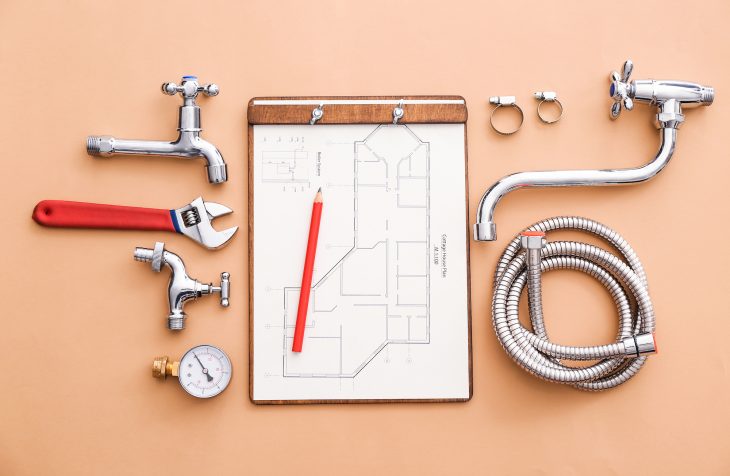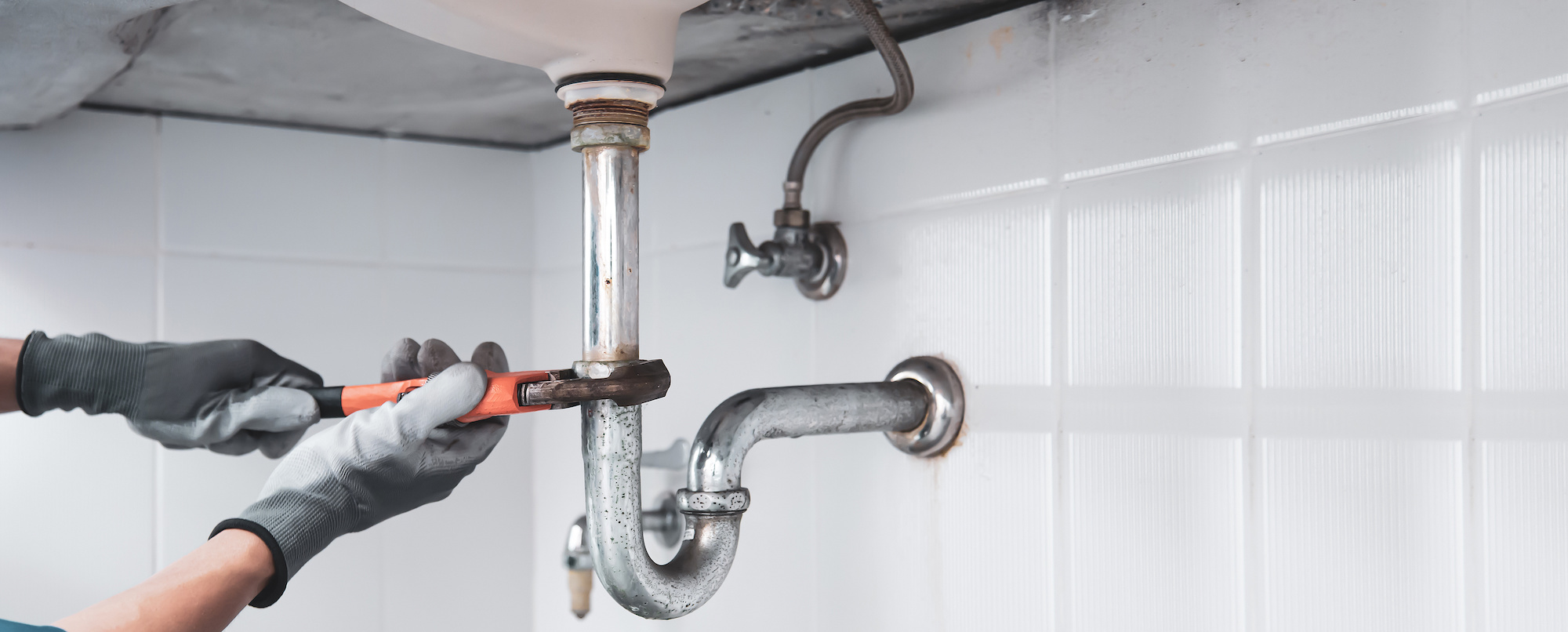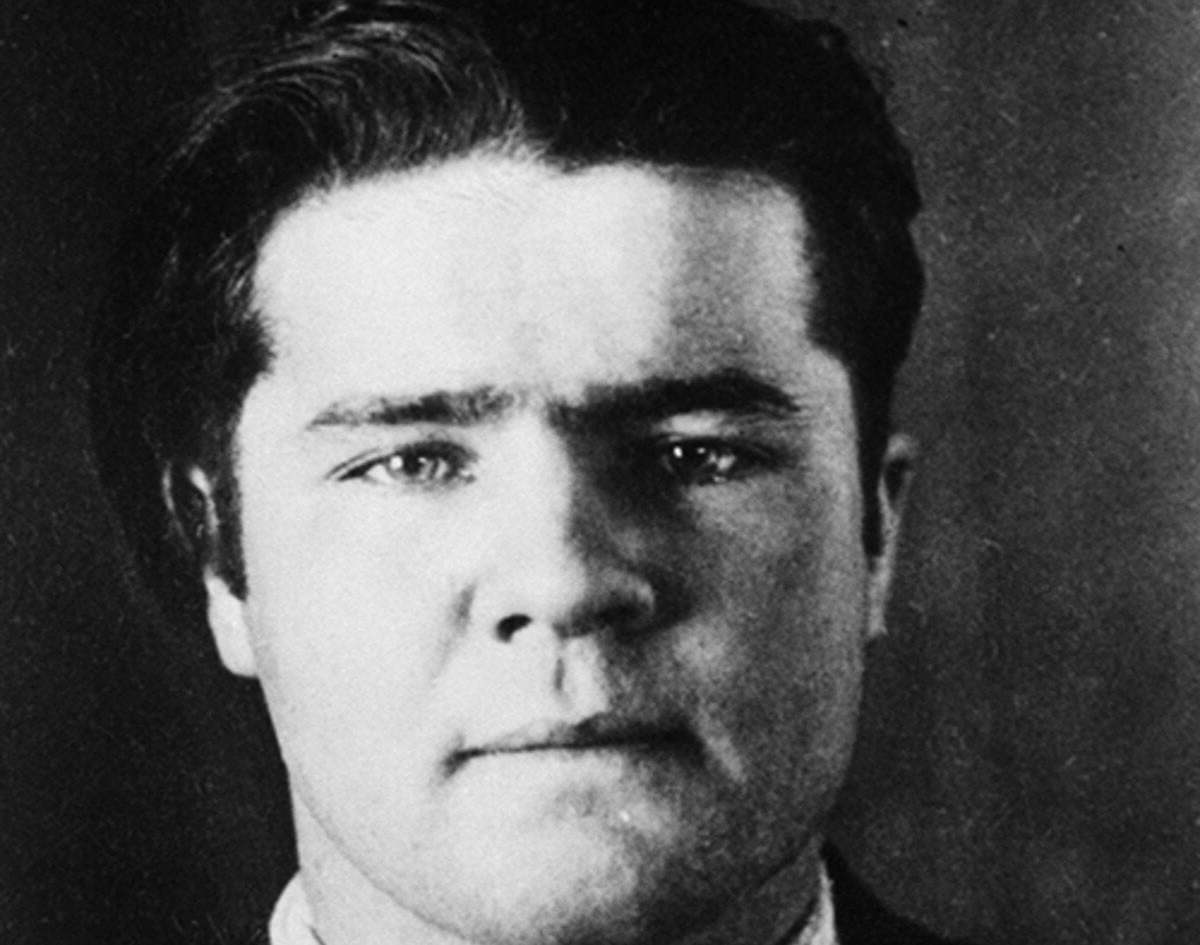
Despite being one of the most crucial elements of any modern building, plumbing is something we often take for granted. That is until something goes wrong. But there’s much more to plumbing than meets the eye. Below, we unveil 11 essential plumbing facts that shed light on this essential yet often overlooked field.
The Origins of Plumbing
The word “plumbing” originates from the Latin word “plumbum,” which means lead. The first pipes used in Roman aqueducts and local plumbing were indeed made from lead. Interestingly, this is also why the abbreviation for lead on the periodic table is ‘Pb’.
Plumbing’s Ancient History
Plumbing is not a modern convenience but has been around for centuries. The ancient civilizations of Indus Valley, Egypt, and Rome had sophisticated plumbing systems for public baths, irrigation, and potable water. Some ancient sewer systems, such as Rome’s Cloaca Maxima, are still in use today, albeit modernized.
The Importance of Plumbing Codes
Plumbing codes play a significant role in ensuring the safety and efficiency of plumbing systems. They set minimum standards for design and installation to prevent failures and health hazards, such as contaminated drinking water. Plumbers must adhere to these codes, which are continually updated to incorporate new knowledge and technology.
The Widespread Use of PVC Pipes
Polyvinyl Chloride (PVC) pipes are now commonly used in modern plumbing systems. They replaced lead and iron due to their resistance to corrosion and rust, lightweight nature, and lower cost. Plus, they’re easier to install and have a long lifespan, often up to 100 years.
Plumbing’s Role in Water Conservation
Innovations in plumbing technology have greatly contributed to water conservation. Today, there are low-flow toilets, faucets, and showerheads, as well as water-efficient appliances like washing machines and dishwashers. By using these products, a typical home can significantly reduce its water usage, saving both money and this precious resource.

The Dreaded London’s Fatberg
One of the most significant plumbing issues happened in 2017 in London, where a 130-tonne ‘fatberg’ made up of congealed fat and non-biodegradable solid matter was found blocking the city’s sewer system. It served as a harsh reminder of what should and should not be disposed of down our drains.
The Advent of Trenchless Technology
In the past, repairing underground pipes often involved intrusive excavation that disrupted landscapes and hard surfaces. Today, trenchless technologies allow plumbers to repair or replace underground pipes with minimal digging, saving time, cost, and the aesthetics of the surroundings.
The Significance of Plumbing Vents
Plumbing vents, those pipes sticking up from roofs, are essential to maintain the pressure in the plumbing system and allow sewer gases to escape outdoors. Without them, you’d experience slow draining and may smell sewer odors inside your home.
Plumbing and Health
Access to clean water and efficient plumbing is critical to public health. In the 19th century, it was improved sanitation and plumbing that led to a significant decrease in infectious diseases. Today, plumbing infrastructure continues to be a fundamental component in promoting public health.
Plumbing Systems Require Regular Maintenance
Just like your car or HVAC system, your plumbing system requires regular maintenance to run efficiently. This includes regular drain cleaning, checking for leaks, inspecting the water heater, and more. Regular maintenance helps prevent serious problems and costly repairs down the line.
The Work of a Plumber is Diverse
Being a plumber isn’t just about unclogging drains or fixing leaky faucets. They work in a variety of settings including residential, commercial, and industrial spaces, installing and repairing pipes, fixtures, appliances, and even working on gas lines and water treatment systems.
Conclusion
In conclusion, there’s a lot more to plumbing than you might initially think. From its rich historical origins to its pivotal role in public health, these 11 essential plumbing facts underscore the significance and complexity of this vital trade. It’s a good reminder to appreciate the work of skilled plumbers and the well-functioning systems they maintain, which contribute to our everyday comfort and well-being.
Was this page helpful?
Our commitment to delivering trustworthy and engaging content is at the heart of what we do. Each fact on our site is contributed by real users like you, bringing a wealth of diverse insights and information. To ensure the highest standards of accuracy and reliability, our dedicated editors meticulously review each submission. This process guarantees that the facts we share are not only fascinating but also credible. Trust in our commitment to quality and authenticity as you explore and learn with us.


